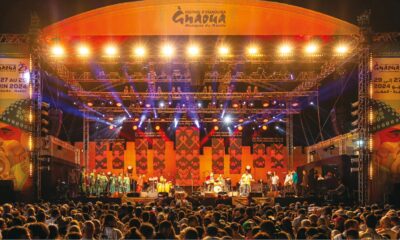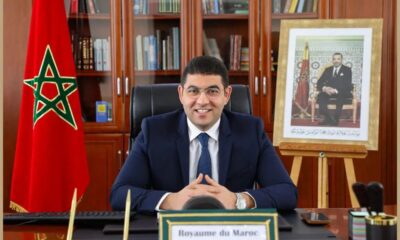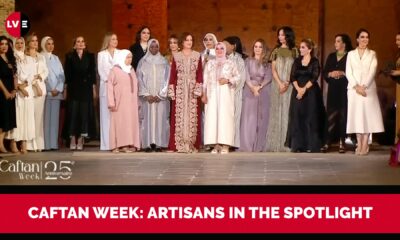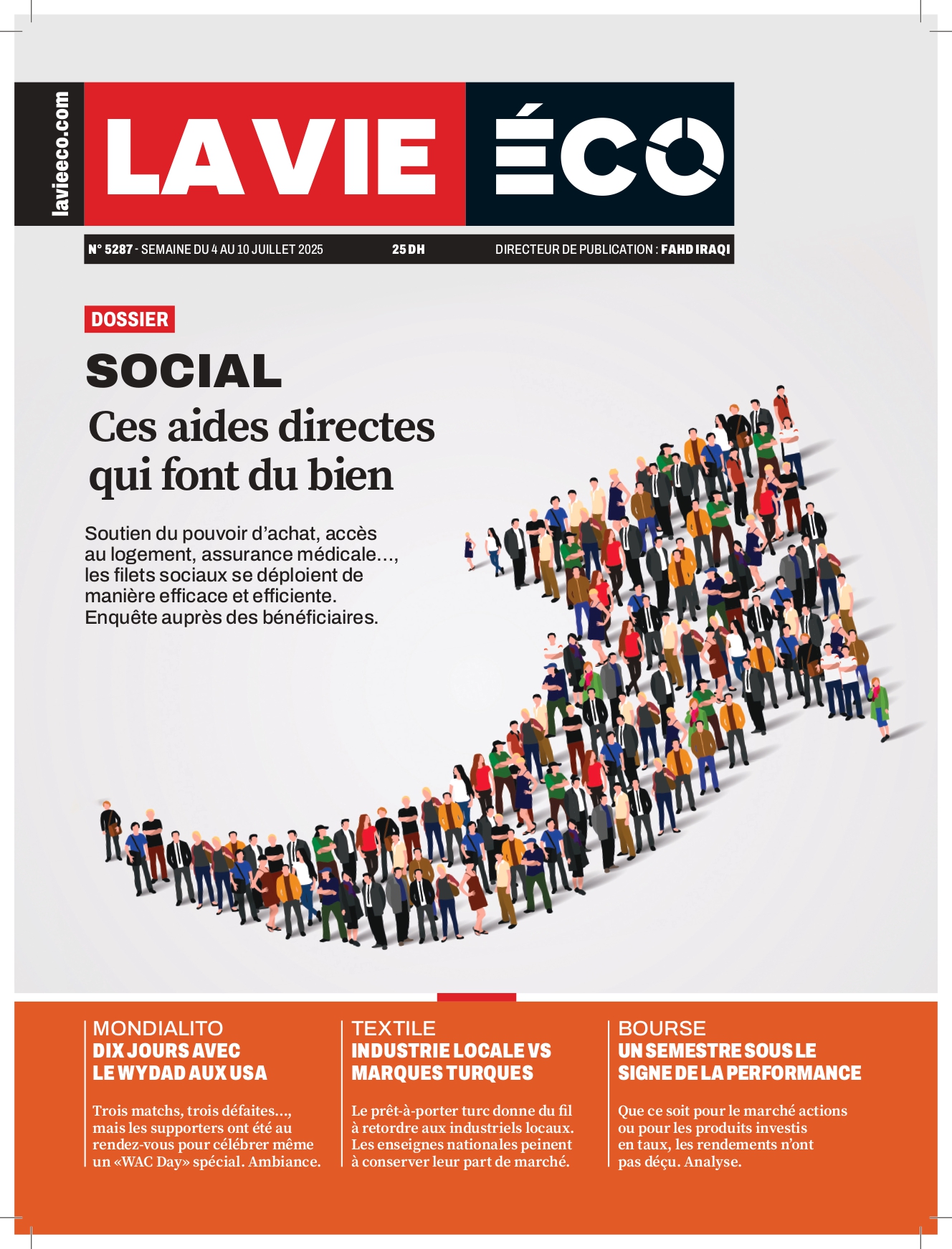Influences
Cultural Goods Trafficking: Morocco’s Proactive and Decisive Measures
The Ministry of Youth, Culture, and Communication has intensified efforts in digitization and inventorying of cultural goods, establishing the primary defense line against theft and smuggling.
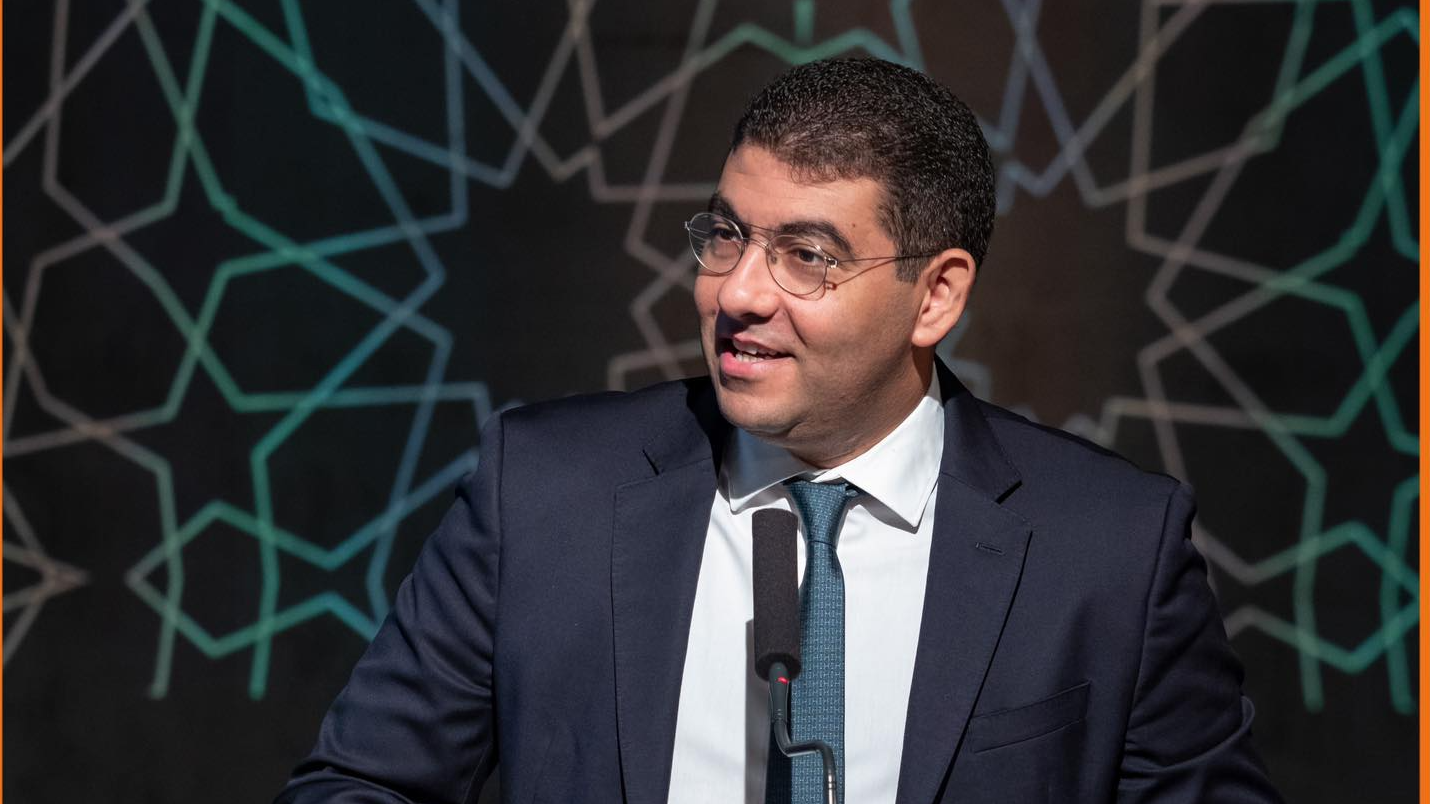
Under the enlightened leadership of His Majesty King Mohammed VI, Morocco has taken proactive and decisive measures to combat the illicit trafficking of cultural goods, stated Mohamed Mehdi Bensaid, Minister of Youth, Culture, and Communication, on Monday in Rabat.
Speaking at the opening of an international conference on “The Role of Customs in Combating the Illicit Trafficking of Cultural Goods,” Bensaid emphasized that Morocco continues to prioritize cultural heritage and recognizes the exceptional value of cultural items. He clarified that these goods “are not merely artifacts or works of art but living testimonies of successive civilizations, a collective memory of humanity, and priceless treasures symbolizing human creativity and civilizational interaction over centuries.”
The minister highlighted that international criminal networks exploit conflicts, crises, and legal and technological gaps to clandestinely remove these treasures from their countries of origin.
“We have worked to strengthen our legal framework in line with relevant international conventions, particularly the 1970 UNESCO Convention,” he stated. The ministry has also intensified efforts in digitizing and inventorying cultural goods, which “represent the first line of defense against theft and smuggling.”
He added that the new law has come into effect with significant provisions to curb harmful practices threatening cultural heritage.
On the operational level, Bensaid stressed the need to “enhance the capabilities of security and judicial systems in investigating and prosecuting perpetrators of these crimes, in close collaboration with international security agencies and partner institutions.” He noted that numerous cultural asset restitution operations have been conducted with friendly nations, including the United States of America and the Republic of Chile.
Describing illicit cultural goods trafficking as “organized crime against our heritage” and a “sabotage act that undermines peoples’ collective memory, fuels terrorism and organized crime, and hinders sustainable development efforts,” Bensaid underscored the importance of raising awareness about its dangers—not only among professionals but also civil society and the general public.
Cultural goods transcend borders, and crimes targeting them are transnational and transcontinental, the minister explained. He emphasized that organizing this international conference is critical as it “provides an opportunity to exchange expertise, consolidate bilateral and multilateral cooperation mechanisms, strengthen shared strategies, and develop practical solutions.”
Bensaid detailed several measures taken to advance common strategies and practical solutions, including combating black markets, tightening oversight of art auctions, and launching initiatives to support affected countries—particularly those in conflict—in protecting heritage and recovering stolen goods.
These measures also involve leveraging new technologies like artificial intelligence and blockchain to track cultural goods at their source and improve inventorying, alongside reinforcing the role of education and culture in safeguarding heritage for future generations.
“Protecting cultural heritage is a collective responsibility and an investment in the future,” he asserted, stressing the necessity of collaborative efforts to combat this threat and ensure access to heritage for generations to come.
The international conference, organized from June 30 to July 5 by ICESCO in partnership with Qatar’s General Customs Authority and Qatar National Library, features multiple events. These include three meetings and a regional workshop offering specialized training sessions: “Essential skills for protecting cultural goods” and “Customs tools and technologies for cultural goods protection.”

